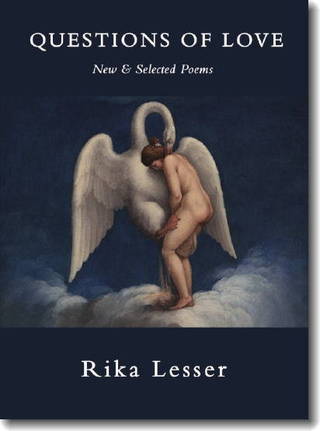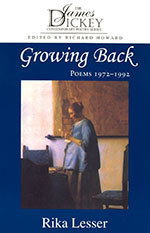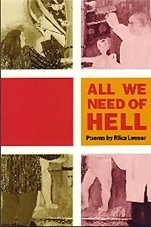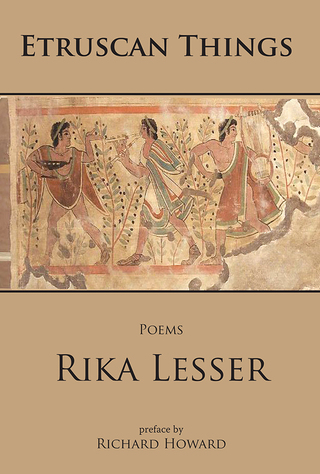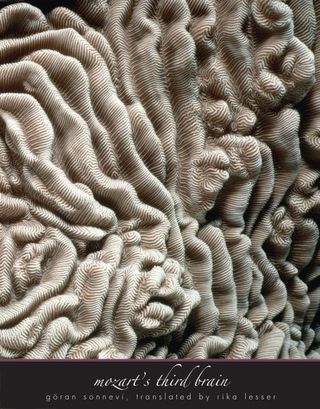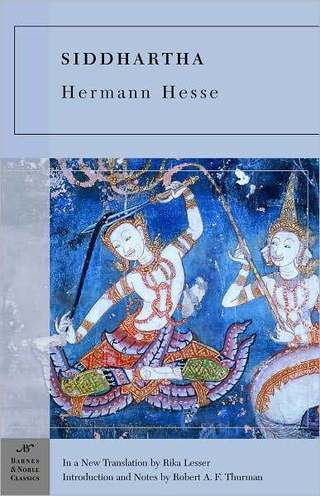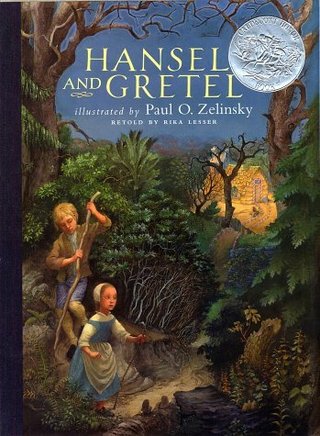WORKS
Questions of Love: New & Selected Poems
“Having read her poems for years, I see now that together they make an arc—the line’s effort to be a circle, where she can begin again: ‘need for a new start,’ she calls it. And I see too the struggle in poem after poem, in poem within poem (as in Etruscan Things, her grandest fabric), to be loyal to “what we have behind us,” even as she wants to get to what lies ahead. Throughout she keeps asking Questions of Love, all of which amount to 'What can I give?' And the one answer Rika Lesser allows herself is: 'everything, except to give up.' It is a splendid, legendary agon.”
-Richard Howard
“Rika Lesser creates precisely calibrated whirlwinds, poems of profound beauty driven by the urgency of a century in crisis. . . . In a brilliant way, these are poems that work. They examine their own premises and move dialectically, toward unmapped territory: from the certainties of suffering to the terrifying openness of healing, from the firm stances of conviction to the problematic ground of truth. Questions of Love is a major, long-awaited collection.”
-D. Nurkse
“The long labor of Rika Lesser's days and years has produced a body of poetry that combines the luxury, the disassociation, the sweetness, and the sharp drama of dreams with the logic and relentless intelligence of great philosophy. It's a privilege to read her poems, and to understand again by reading them how widely human consciousness can spread its wings.”
-Vijay Seshadri
"Rika Lesser has been meditating on the twists and turns of love ever since her elegant first volume of poems, Etruscan Things, in 1983. Now Questions of Love presents a generous selection from a quarter century of her work, along with the blazing new poems that make up a book by themselves. Fearless, clear-minded, and harrowing, Lesser's poems match their wrenched prosody to their wrenching subject: the way people blunder, torture and are tortured in the name of love. And yet these poems have room, too, for wit and for great tenderness. This is a full-hearted collection, as rich in light as in darkness."
-Rosanna Warren
Growing Back: Poems 1972-1992
"Recuperative, Janus-headed, Growing Backis a book bridging more than two decades for this poet in whom autobiography and learning are so intimately blended. As the title poem asserts, the 'bridges we think we have burned behind / are more secure than any destination.' In the face of gulfs psychic, linguistic, temporal, and geographical, these are poems of courage, resilience, and humor."
-Karl Kirchwey
"In the poems of Growing Back, Rika Lesser finds herself creating a personal and literary archaeology. Steely-eyed and soft-hearted, Lesser makes her way back to her esthetic and emotional origins, then grows up through them in this unusual book spanning twenty years of musing, grousing, focusing, veering, and transcending."
-Molly Peacock
All We Need of Hell
"In her second collection (after Etruscan Things), Lesser leads her readers on a exploration of mental illness that is less a descent into madness than a journey towards emotional health. Detailing her experience with depression, suicide attempts, hospitalizations and the often devastating effects of medication, Lesser demystifies depressive illness in poems that are direct, reflective and instructive (a glossary of pharmaceutical and medical terms is included). These are not highly figurative or dramatic poems like Plath's, to whom Lesser will inevitably be compared. Instead, Lesser rejects ornament and article, the "merely beautiful" and " well made" verses that now leave her cold, in favor of straightforward, often journal-like narratives that "praise simple/actions, human/and possible." Lesser plumbs language (etymologies, sounds, the work of literary predecessors) for its regenerative powers as she faces her own illness and the deaths of friends from AIDS and cancer: ". . . if there have been no words, no tropes for/such occasions before, I must find them now."
-Publisher's Weekly
"Honest, wise, and harrowing, these are poems absorbing to read and impossible to forget."
-James Merrill
"Rika Lesser's All We Need of Hell is a brave and ravaging book. The poems harrow the personal hell of suicidal depression and the deaths of friends and discover, as they proceed, astonishing resources not only of language--puns, pivoting syntax, polyphony--but of a loving heart and the instinct for life."
-Rosanna Warren
Etruscan Things
-Mona Van Duyn
"Rika Lesser, through these somberly glowing meditations, has brought a whole world--its gods, artifacts, plunderers--to language and to life."
-James Merrill
Mozart's Third Brain by Göran Sonnevi
-C. K. Williams
"Göran Sonnevi tries in this book something that's impossible and breathtaking: a poetic synthesis wherein our knowledge and emotions should merge. . . A synthesis is not possible but what we're given here is a wonderful meditation on the world of pain and beauty, of politics and music, nature and human relationships. A fantastic poem and fantastically translated by Rika Lesser!"
-Adam Zagajewski
"Just what we need, another poem that can never stop being read, only entered, continued, lived. . . Lesser (what a name for the translator of the latest 'wisdom literature' to hit the fan!) had to hear Sonnevi's voice before she could (or would) do the work. In other words, loved the poem. And that is why we may read it not well but as well: to hear the voice, in English now: entered, continued, lived. . . Yes, just what we need."
-Richard Howard
A Child Is Not a Knife: Selected Poems of Göran Sonnevi
"Göran Sonnevi's presence in Swedish poetry of this [the twentieth] century is a powerful one. . . At his best, he is a sensuous, ethical poet, a surprising union. Rika Lesser's translations are skillful and true."
-Robert Bly
"Lesser's wonderful prose texts at the outset provide not only an ingress into complex and baffling matter but one of the most determined statements of the translator's task since Walter Benjamin."
-Richard Howard
"Through the power of Rika Lesser's brilliant translations, Göran Sonnevi's poetry is shown to be what it is: the work of one of the world's major poets."
-Lawrence Joseph
Rika Lesser's new translation deftly evokes the lyricism and quiet beauty of Hesse's "novel," which first appeared in German in 1922. At once personal and universal, Siddhartha stands outside of time, resonating in the hearts of truth-seekers everywhere.
Introduction and Notes by Robert A. F. Thurman, the first American to be ordained a Tibetan monk, a student and friend of His Holiness the Dalai Lama for over forty years.
Guide to the Underworld
Listed in Harold Bloom's The Western Canon, too long out of print.
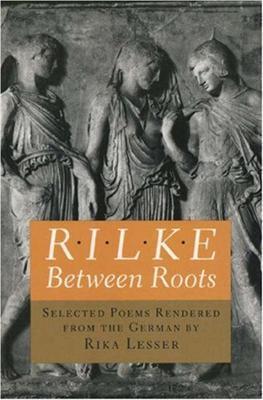
Rilke: Between Roots
This volume, first published in Princeton's Lockert Library of Poetry in Translation in 1986, came out ten years after Holding Out, the same book, minus some very small revisions and Lesser's Preface entitled "Ten Years Later."
". . . Reading Rilke's poems again in German at thirty meant something quite different from reading them at twenty. Ten more years of 'life' experience, ten years more of 'literary' experience. Frankly, when I first sat down with Holding Out and the German texts again, I was terrified. Terrified that I might have changed too much in those years to re-enter and re-capture the spirit, linguistic and emotional, that went into the making of Holding Out. Terrified, too, that perhaps Rilke would not mean as much to me at thirty as he did at twenty."
- from Lesser's Preface
"I do not want to make claims for these new translations more tremendous than the pleasure they give, a pleasure bestowed by lucidity and love conjungated in that living twist of idiom we call style; but I think Rika Lesser deserves - if but for her relentless humility to meaning, in an endeavor where feeling is meaning - one tremendousness; let me say, then, that I am ready, with these poems in their English, to take on more than faith - faith being the substance of things hoped for, whereas here is the substance given the claim that Rilke is not merely a great myth, not merely a great modernist, a great spiritual docent (Princess Marie's "Doktor Seraphicus"), but, in the terrestrial sense, that sense of these words in this order, a great poet."
from Richard Howard's Note
Hansel and Gretel
-Booklist
"Artfully understated retelling and magnificent paintings result in an unsurpassable presentation of the ancient fairy tale. [Zelinsky's] paintings are riveting, evoking the glories as well as the brooding menace of the deep forest."
-Publisher's Weekly
